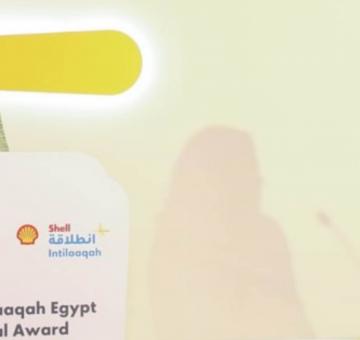Egypt’s Startup Ecosystem Gains Momentum Amid Government Investment Push

Egypt, with over 63% of its population under 30 and growing annually, is a hotbed for startups. Prime Minister Mostafa Madbouly highlighted the government's recognition of entrepreneurship's importance due to this youthful demographic, aiming to increase investments from $500 million to $5 billion, though without a specific timeline.
However, achieving this ambitious goal requires overcoming significant challenges. Research from RSM Egypt indicates that only 10% of Egyptian startups succeed, despite a generally improving environment. As of July, 2,118 startups were operating, attracting $8 billion in combined investments and creating 50,000 jobs. In the first half of 2024, top-performing sectors included health tech, education technology, fintech, artificial intelligence, and logistics/mobility.
International financing institutions (IFIs) contribute 42% of Egypt's venture capital, supporting startups directly and funding accelerators, especially those focused on climate, innovation, women-led businesses, and green transformation. Startups also benefit from government incentives like simplified incorporation procedures, lower fees, and tax exemptions. The Egyptian National Competitiveness Council (ENCC) actively promotes incubators, accelerators, and the adoption of new technologies.
Despite these efforts, the Egyptian startup landscape remains risky, with most failures stemming from internal issues. RSM Egypt's report points to a lack of market research due to unavailable affordable data and founders' impatience. Poor timing accounts for 23% of failures, emphasizing the need for entrepreneurs to be sensitive to market conditions, especially amid regional geopolitical disruptions. Other internal weaknesses include flawed products/services resulting from insufficient research and quality control, especially crucial in a volatile market with low purchasing power. Incorrect pricing leads to 18% of failures.
Founders' management skills are also critical, with RSM Egypt noting that a good idea isn't enough; business acumen, humility, and a tolerance for failure are essential. Many startups also lack robust HR or legal departments, which becomes problematic in their second to fifth years—the period when most failures occur. External risks include a gap in "awkward middle stage" funding from angel investors, despite ample initial and late-stage capital.
A significant missed opportunity is the low participation of women-led startups, comprising only 12% in 2022 and receiving a mere 2% of external financing. This gender bias and scarcity of female investors hinder the ecosystem's growth, especially as investors increasingly prioritize gender diversity.
To address these challenges, the government launched a dedicated entrepreneurship unit in May, reporting directly to the Cabinet. This unit aims to unify stakeholders, facilitate interactions, and develop supportive policies and regulations. A new platform was also introduced in May to consolidate startup-relevant government services. In September, a minister-level committee was formed to foster entrepreneurship, focusing on reducing funding gaps through incentives for foreign investors, including tax exemptions and regulatory reforms. The committee also aims to balance Egyptian startups' access to international markets with retaining local talent. The ultimate goal is to make innovation a fundamental aspect of Egypt's economic growth, a transition the ENCC deems compulsory for global competitiveness.






































































EgyptInnovate site is not responsible for the content of the comments